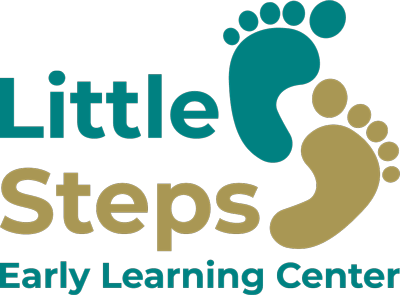As a parent, you are your child's first and most important teacher. Your involvement in your child's early learning can have a significant impact on their development and future success. Here are some tips for supporting your child's development through parental involvement in early learning.
Read with Your Child
Reading with your child is one of the most effective ways to support their language and literacy development. Reading together promotes a love of learning and helps children develop important skills such as vocabulary, comprehension, and critical thinking. Start by choosing age-appropriate books that your child will enjoy. Set aside time each day for reading together, and make it a fun and interactive experience. Ask your child questions about the story, characters, and illustrations to encourage their engagement and comprehension. Reading with your child not only supports their academic development but also helps strengthen your bond with them.
Encourage Play-Based Learning
Play-based learning is an effective way to support your child's social, emotional, and cognitive development. Through play, children learn important skills such as problem-solving, creativity, and cooperation. Encourage your child to engage in imaginative play with toys, games, and activities that promote their curiosity and exploration. Join in the play and provide opportunities for your child to interact with others, such as playdates or trips to the park. Play-based learning helps your child develop a love of learning that will benefit them throughout their academic and personal lives.
Establish a Daily Routine
Establishing a daily routine can help your child develop important life skills such as time management, organization, and responsibility. Create a routine that includes regular times for meals, naps, play, and learning activities. Make sure to include time for physical activity and outdoor play to support your child's physical development. A consistent routine helps your child feel secure and comfortable, and it sets the stage for a positive learning experience.
Communicate with Your Child's Teacher
Communication with your child's teacher is essential in supporting your child's development. Make sure to attend parent-teacher conferences and ask about your child's progress and areas for improvement. Share information about your child's interests, strengths, and challenges, and work together to create a plan for supporting their academic and personal growth. Stay in touch with the teacher regularly through email or phone calls, and ask for suggestions on ways to support your child's learning at home.
Provide a Learning-Rich Environment
Creating a learning-rich environment at home is essential in supporting your child's development. Make sure to have books, toys, and educational materials available that align with your child's interests and learning level. Provide opportunities for your child to explore and discover through hands-on activities such as science experiments, art projects, and cooking. Encourage your child to ask questions, make predictions, and test their ideas. A learning-rich environment supports your child's natural curiosity and fosters a love of learning.
Limit Screen Time
Limiting screen time is essential in promoting your child's health and wellbeing. Excessive screen time has been linked to developmental delays, behavioral problems, and poor academic performance. Set clear limits on screen time, and make sure to provide alternative activities that promote physical activity and social interaction. Encourage your child to engage in activities that support their development, such as reading, play, and creative expression.
Model Lifelong Learning
As a parent, you play an important role in modeling lifelong learning for your child. Show your child that learning is a lifelong process by pursuing your own interests and hobbies. Read books, take classes, and engage in activities that support your own personal and professional development. Encourage your child to ask questions and explore their interests, and show them that learning is a fun and rewarding experience.
Parental involvement in early learning is essential in supporting your child's development and future success. By reading with your child, encouraging play-based learning, establishing a daily routine, communicating with your child's teacher, providing a learning-rich environment, limiting screen time, and modeling lifelong learning, you can help your child develop a love of learning that will benefit them throughout their lives.
Remember that every child is unique and develops at their own pace. Be patient and supportive, and celebrate your child's progress and achievements along the way. Your involvement in your child's early learning sets the foundation for their future success and happiness.


